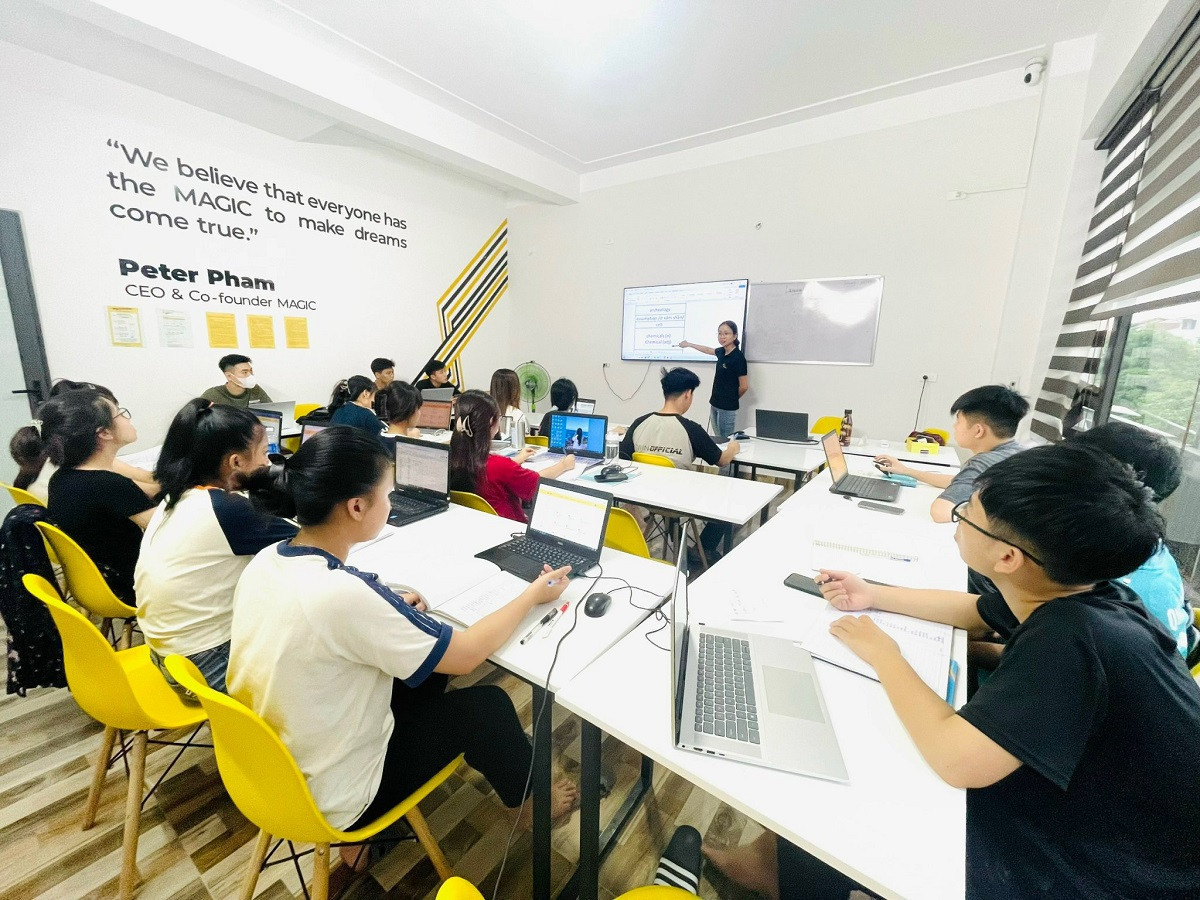The localization race: From language to experience
The widespread impact of artificial intelligence (AI), especially generative models like ChatGPT, has dramatically transformed industries, and education is among the first to feel the change. While grappling with challenges around effectiveness, the sector is also seeing unprecedented opportunities for expansion.
Global edtech is projected to grow at a compound annual growth rate (CAGR) of 13.6%, reaching $348 billion by 2030. This surge is fueled not only by the digital transformation of education but also by remote work trends and the need for lifelong learning in the face of rapidly evolving labor market demands.
According to a World Economic Forum (WEF) report, 44% of today’s workforce skills will become obsolete within five years. The rise of AI makes competencies like data science, coding, and big data essential. Meanwhile, irreplaceable human skills such as critical thinking, creativity, problem-solving, and analysis are becoming top priorities for corporate training programs.

Victory will only go to those who truly “speak Vietnamese” – both literally and figuratively.
Amid this shift, Coursera, a global online learning platform, has emerged as a leader in adapting to Vietnam’s rapidly changing tech landscape. Greg Hart, CEO of Coursera, noted that the platform currently has about 1.8 million learners in Vietnam, ranking third in Southeast Asia behind the Philippines (2.8 million) and Indonesia (2.1 million). Vietnamese users are particularly drawn to data science, AI, and Chinese language courses.
Local edtech start-ups like Vuihoc.vn, Edupia, Moon.vn, and Topica are also accelerating, investing in AI and adaptive learning models that personalize learning progress for individual students.
Many have integrated livestream classes, support teachers, 24/7 learning chatbots, and exam prep content aligned with Vietnam’s national education curriculum. These domestic players have a deep understanding of local student and parent psychology – a decisive advantage in a cost-sensitive and trust-driven market.
Despite its vast potential, Vietnam’s edtech market faces hurdles such as affordability, users’ preference for free or partially paid models, and the challenge of retaining learners long-term. However, national digital transformation policies, AI development commitments, and efforts to popularize digital skills in education are creating tangible growth opportunities for market participants.
The race for experience and content, not just tech
Vietnam’s online education sector is shifting from a “tech pilot” phase to a “content and experience strategy” phase. Localization now means more than translating content - it involves a deep understanding of Vietnamese learners: their learning styles, parental expectations, classroom culture, curricula, and spending capacity.
The battle between international platforms and local start-ups is playing out across multiple dimensions: technology, culture, and trust. While technology offers an advantage, it is no longer a barrier. Victory will go to those who truly “speak Vietnamese,” in every sense.
Though promising, online learning still faces the paradox of high accessibility but low effectiveness. Studies show that completion rates for massive open online courses (MOOCs) remain low. However, the integration of AI is beginning to change that.
Tools like Coach offer instant feedback, allow learners to ask questions, practice, and track personalized progress - features previously available only in low student-teacher ratio classrooms. The combination of human and AI interaction is creating a more effective, immersive learning experience.
Edtech’s story cannot be separated from global employment trends. According to WEF’s 2023 report, around 83 million jobs will disappear over the next five years, while only 69 million new ones will be created - resulting in a net loss of 14 million. Repetitive, low-skill roles are likely to be the first replaced by technology.
Conversely, new roles are emerging rapidly, requiring a flexible workforce committed to lifelong learning and adaptation. Interdisciplinary skills such as digital-era critical thinking, cross-cultural literacy, and fluency in AI tools are becoming essential survival credentials.
PV